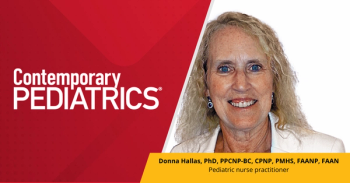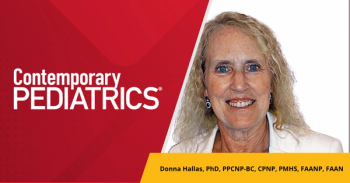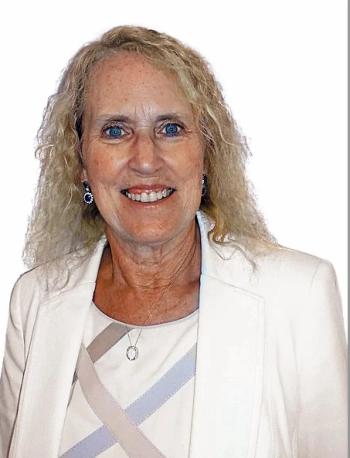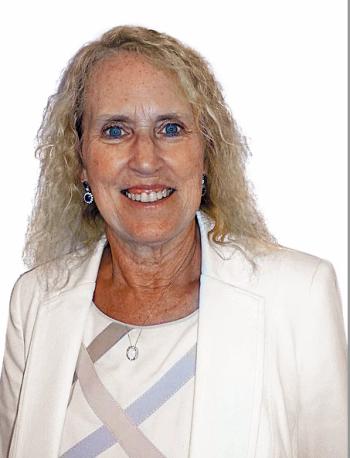
Helping children achieve learning milestones in pediatric practice encounters
The annual back-to-school physical examination offers an opportunity to ensure that children haven't missed important learning goals, particularly due to the pandemic.
The summer months traditionally allow school-age children opportunities to play outdoors with friends, vacation with family members at home or away from home, attend camps, and equally as important, visit their health care providers for the annual back-to-school physical examinations and health care updates. Over the past 2 summers, COVID-19 has influenced child health care visits with a focus in the 2020 – 2021 return to school physicals on adhering to school health safety measures to prevent COVID-19 infections and in 2021-2022 talking with parents to encourage acceptance of the COVID-19 vaccines for their children. Although we remain embedded in the COVID-19 pandemic and children may experience school disruptions in the 2022-2023 academic year related to the newest Omicron BA.4 and BA.5 variants which have become the predominant lineage in the United States,1 all pediatric providers including pediatric and family nurse practitioners need to include history questions for each child on attainment of learning milestones during the previous academic year. Responses to these history questions will guide discussions with parents to prevent missed opportunities for them to advocate for their child to receive educational services with the goal of remaining on track for academic progression.
The article by Dr. Rebecca Baum, "
Obtaining a history from the school-age child
Children have experienced a variety of educational set-backs; emotional, behavioral, mental health; death of parents and/or relatives to COVID-19 disease; and relationship issues due to the pandemic. Although many history questions for school-age children are answered by their parent or guardian, school-age children, when asked directly, provide insights into school experiences that they may not have shared with an adult. If the young child is comfortable talking alone, these questions may guide history taking with the child and can be used even if the parent or guardian is present.
1.) Tell me about your usual day at school.
2.) What do you like best about school?
3.) What do you like least about school?
4.) Is there something that you study at school, like math, reading, or science that you like a lot or one that you have problems with?
5.) Do you ever feel sad at school?
6.) Do you have friends at school?
In addition, the parents can provide history about reports from the school and report cards. Responses to question asked of the parent, when the child is present, should focus on what the child does well and what the child can improve, rather than any negative focus on poor performance. Likewise, we should review the Individual Educational Program reports from the school for children with disabilities. Sometimes a modification in medication management for children with behavioral disorders is helpful if the report shows an unexpected change in behaviors or performance.
Helping parents advocate for their children
Some parents will need guidance on how to advocate for their child within the school system. Based on their educational level, parents may also need guidance on how to help their child at home. Dr. Baum summarizes recommendations to promote reading skills at home (See Table 3 in her article). For parents whose first language is not English, suggest parents obtain audiobooks from the library for the children. Both the parent and child can listen together to the audiobook. In the summer months, parents can investigate whether their library offers weekly ‘story-telling’ hours for children. Parents living in underserved communities may need additional help in locating library and/or educational services for their children during the summer months. The pediatric office can investigate available summer time resources, especially for children living in underserved communities, and ask staff to provide the information to the parents as part of anticipatory guidance. The pediatric office may also want to investigate how the school systems within their catchment area are implementing ‘Every Student Success Act‘ and how that may help the child who has learning delays that have emerged in the pandemic.
Community-based interventions
COVID-19 has disrupted the educational processes for many children. It will take time and effort from each educational school system and the community to correct the gaps in knowledge experienced by children over the past 2.5 years. Community leaders can play a major role in helping children and adolescents by considering ways to offer additional educational assistance especially to children in underserved communities.
Although our focus is on the health and well-being of the child during the annual physical examinations, a major component of child health is the ability to learn on a continuum that meets educational developmental milestones. We must consider possible stressful situations the children may will encounter in the 2022 - 2023 academic year. We must be mindful of how the social determinants of health interfere with educational achievement. Many pediatric offices provide brief educational videos or digital media presentations in the waiting area. Pediatric providers should consider creating brief videos using community members, eg, a lawyer, business leader, educator, police officer, office personnel including the physician, nurse, nurse practitioner, to highlight their careers, who can in a 2-minute video or digital presentation talk value in education for their careers. All pediatric health care providers play a role in helping children grow and develop into healthy adults: a child’s education is key to becoming a healthy, productive adult.
Reference
1. Centers for Disease Control and Prevention. COVID-19 COVID Data Tracker Weekly Review. July 5, 2022. Accessed July 18, 2022. Retrieved from
Newsletter
Access practical, evidence-based guidance to support better care for our youngest patients. Join our email list for the latest clinical updates.








